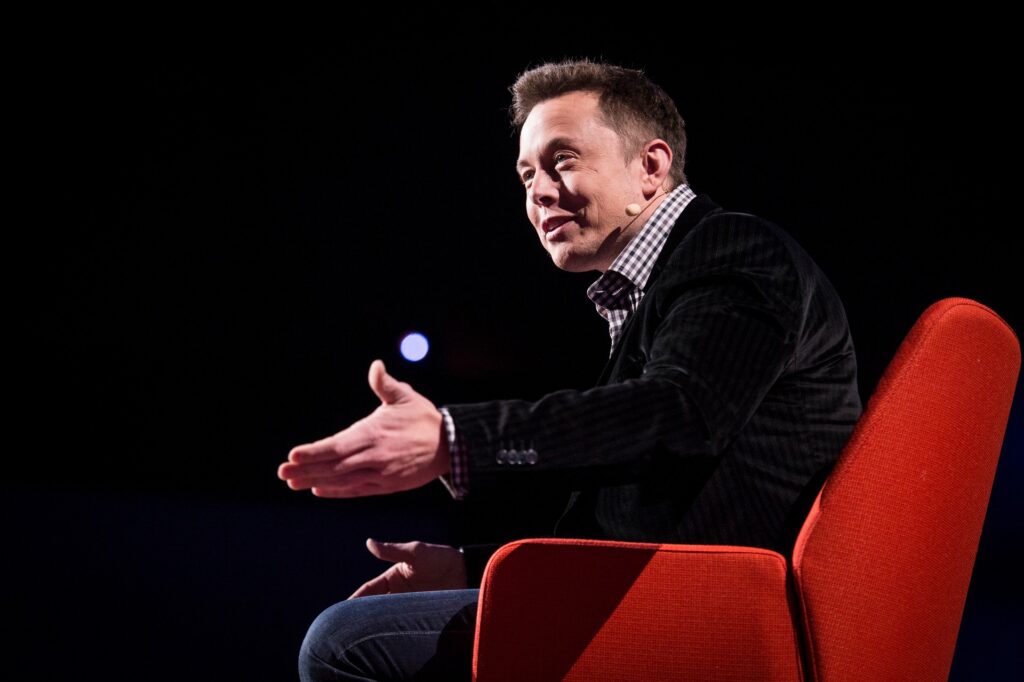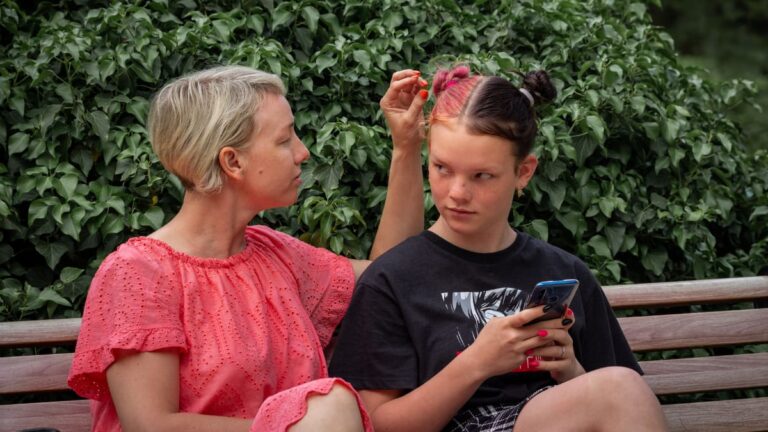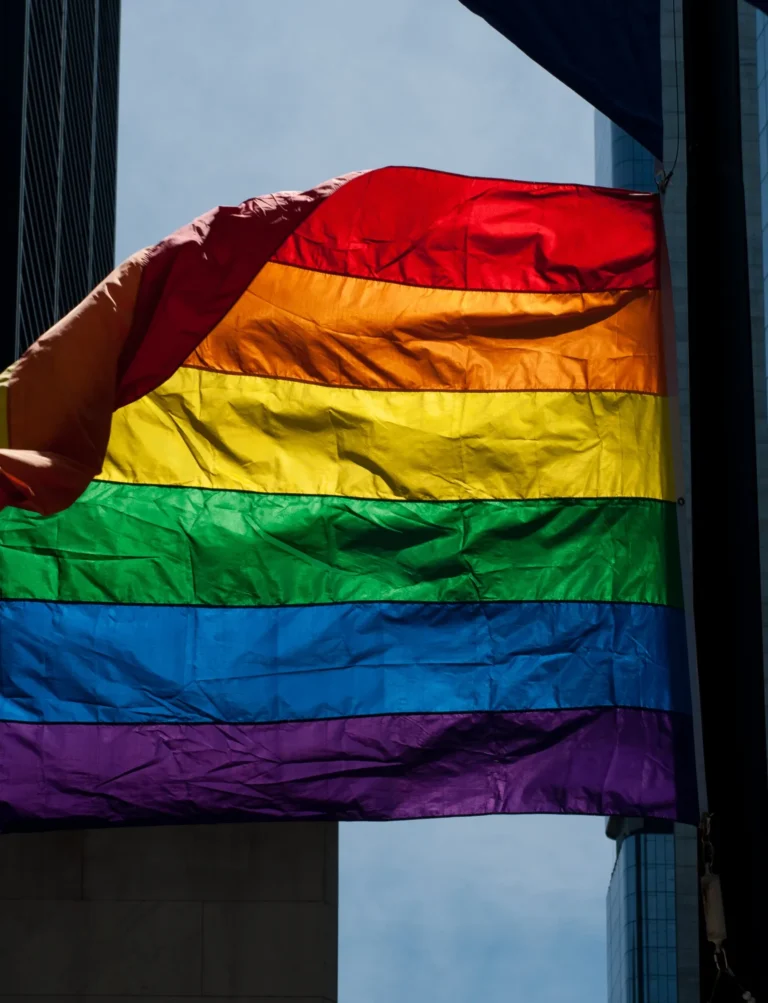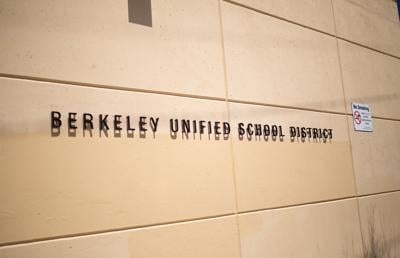Elon Musk’s Battle Against “Woke Culture”: A Clash of Ideals and Technology
Introduction
Elon Musk, the billionaire entrepreneur and CEO of companies like Tesla and SpaceX, has never been one to shy away from controversy. Known for his unfiltered and often provocative statements on social media, Musk has positioned himself as a vocal critic of what he terms “woke culture.” Recently, Musk took aim at Microsoft Word’s inclusiveness checker, a tool designed to promote politically correct language. This move sparked a broader debate about political correctness, free speech, and the role of technology in shaping our language and thought. In this article, we’ll explore Musk’s stance, the implications of his criticism, and what it means for the ongoing cultural conversation.

Elon Musk: A Brief Overview
Elon Musk is a figure who embodies innovation and disruption. From revolutionizing the electric car industry with Tesla to pioneering private space exploration with SpaceX, Musk has consistently pushed the boundaries of what’s possible. However, his influence isn’t confined to technology and business; Musk is also a cultural figure who wields considerable power through his social media presence. With millions of followers on Twitter, his opinions often spark widespread discussion and debate.
Woke Culture: Musk’s Perspective
Musk’s disdain for woke culture is well-documented. He has frequently used his platform to criticize what he sees as the excessive political correctness that pervades modern society. For Musk, woke culture represents a stifling force that limits free expression and innovation. He has referred to it as a “mind virus” that hampers creativity and progress. Musk’s views resonate with those who feel that woke culture has gone too far, but they also attract criticism from those who see his stance as dismissive of important social issues.
The Inclusiveness Checker: What Is It?
The inclusiveness checker in Microsoft Word is a feature designed to help users create more inclusive and non-discriminatory content. It scans documents for language that might be considered biased or non-inclusive and suggests alternatives. For example, it might flag terms like “mankind” and suggest “humankind” as a more inclusive option. The goal is to promote language that is sensitive to gender, race, and other aspects of identity.
This tool is part of a broader trend in technology where software is increasingly being used to guide users toward more socially acceptable behavior. While some see this as a positive step toward a more equitable society, others, like Musk, view it as an overreach that infringes on personal freedom.
Musk’s Critique: The Inclusiveness Checker in His Crosshairs
Musk’s challenge to the inclusiveness checker was direct and unequivocal. He took to Twitter, labeling the tool as an example of the “woke mind virus” that, in his view, threatens free thought and expression. Musk argued that such tools are part of a broader trend of imposing rigid, politically correct norms on society, which he believes stifles creativity and intellectual freedom.
His tweet quickly went viral, sparking a heated debate. Supporters of Musk echoed his concerns, arguing that tools like the inclusiveness checker represent a form of censorship. They contend that language is a personal choice, and people should not be coerced into conforming to specific norms. Critics, however, argue that promoting inclusive language is a necessary step toward creating a more just and equitable society, and that Musk’s stance is dismissive of these important social considerations.
The Broader Debate: Political Correctness vs. Free Speech
Musk’s critique of the inclusiveness checker touches on a much larger debate about political correctness and free speech. At its core, this debate centers around the question of whether efforts to promote inclusivity and sensitivity in language are compatible with the principles of free expression.
On one side of the debate are those who argue that political correctness, including the use of tools like the inclusiveness checker, is essential for fostering a society that respects and values diversity. They believe that language shapes our perceptions and that by encouraging more inclusive language, society can move toward greater equality and understanding.
On the other side are those who, like Musk, see political correctness as a threat to free speech. They argue that efforts to regulate language are a form of censorship that limits individual freedom and creativity. In their view, people should be free to express themselves in whatever way they choose, without being policed by social norms or technological tools.
The Role of Technology in Shaping Language
The inclusiveness checker is just one example of how technology is being used to shape language and behavior. From social media platforms that flag or remove offensive content to AI-driven tools that suggest more inclusive language, technology is increasingly playing a role in guiding how we communicate.
Proponents of these tools argue that they help to create a more respectful and inclusive online environment. They see these tools as a way to mitigate the harmful effects of language that can perpetuate stereotypes or discrimination. Critics, however, worry that these tools could lead to a homogenization of thought, where only certain viewpoints or ways of expressing oneself are deemed acceptable.
Musk’s critique of the inclusiveness checker reflects broader concerns about the role of technology in our lives. As technology becomes more integrated into our daily routines, the question of how it influences our behavior and thought processes becomes increasingly important.
Musk’s Influence: Shaping Public Opinion
Musk’s critique of woke culture and tools like the inclusiveness checker is significant not just because of his views, but because of his influence. As one of the most prominent figures in technology, Musk has a platform that allows him to shape public opinion in a way that few others can.
When Musk speaks out against woke culture, it resonates with a large segment of the population who share his concerns about the direction society is heading. His views help to legitimize and amplify these concerns, making them a more prominent part of the public discourse.
However, Musk’s influence also comes with responsibility. As someone with a large following, his statements can have real-world consequences. Critics argue that by speaking out against inclusivity efforts, Musk could be undermining important social progress. They worry that his views could embolden those who seek to resist or roll back efforts to promote equality and justice.
Supporters of Musk’s Stance
Musk’s critique of woke culture has garnered significant support from those who see political correctness as a growing problem. These supporters argue that tools like the inclusiveness checker represent an overreach that infringes on personal freedom. They believe that language should be a matter of personal choice and that people should not be forced to conform to specific norms.
Many of Musk’s supporters see his stance as a defense of free speech and intellectual freedom. They argue that efforts to regulate language are a form of censorship that stifles creativity and innovation. For them, Musk’s critique is a necessary pushback against a trend that they see as increasingly authoritarian.
Critics of Musk’s Stance
On the other side of the debate are those who criticize Musk’s stance on woke culture and the inclusiveness checker. These critics argue that promoting inclusive language is essential for creating a more just and equitable society. They see tools like the inclusiveness checker as a way to encourage people to be more mindful of the impact their words can have on others.
Critics also argue that Musk’s views are dismissive of the real issues that efforts like the inclusiveness checker are trying to address. They believe that language plays a crucial role in shaping our perceptions and that by encouraging more inclusive language, society can move toward greater equality and understanding.
The Cultural Impact: Musk vs. The “Woke” Movement
Musk’s battle against woke culture is emblematic of a broader cultural clash. On one side are those who believe that society needs to be more sensitive and inclusive, particularly in how we use language. On the other side are those who see these efforts as an overreach that threatens free expression and creativity.
This clash reflects deeper tensions in society about how we navigate issues of identity, power, and justice. For many, woke culture represents a necessary reckoning with past and present injustices. For others, it represents a stifling force that imposes rigid norms on how people can think and speak.
Musk’s stance has helped to bring these tensions to the forefront of the public conversation. By challenging the inclusiveness checker, he has forced us to confront the difficult questions about how we balance the need for inclusivity with the principles of free speech and intellectual freedom.
The Role of Social Media in the Debate
Social media has played a crucial role in amplifying Musk’s critique of woke culture. Platforms like Twitter allow Musk to reach millions of people instantly, sparking widespread discussion and debate. Social media also allows his supporters to rally around his views, creating a powerful echo chamber that can shape public opinion.
However, social media also has its downsides. The rapid spread of information on these platforms can lead to the polarization of debate, where people are more likely to engage with viewpoints that reinforce their own beliefs. This can make it difficult to have nuanced discussions about complex issues like woke culture and free speech.
Legal and Ethical Implications
Musk’s critique of the inclusiveness checker also raises important legal and ethical questions. As technology companies increasingly incorporate features that promote socially acceptable behavior, there are concerns about where to draw the line between encouraging positive change and infringing on individual rights.
The legal implications of tools like the inclusiveness checker are still being explored. Questions about free speech, censorship, and the role of technology in shaping behavior are likely to become more pressing as these tools become more widespread. Musk’s stance adds a new layer of complexity to these debates, as it highlights the tensions between technological innovation and the preservation of individual freedoms.
The Future of Woke Culture and Technology (Continued)
The challenge for society will be finding a balance between fostering inclusivity and preserving the principles of free speech and intellectual freedom. As technology continues to evolve, we are likely to see more tools designed to influence behavior and promote social norms. This raises important questions about the role of technology in shaping our values and how we navigate the complex relationship between innovation and ethics.
Possible Scenarios: The Path Forward
Several scenarios could unfold in the coming years as the debate over woke culture and technology continues:
- Increased Regulation: Governments may step in to regulate the use of tools like the inclusiveness checker, setting guidelines for how technology can be used to promote social norms without infringing on individual rights. This could lead to clearer boundaries between promoting inclusivity and preserving free speech.
- Technological Adaptation: Technology companies may adapt by offering users more control over how tools like the inclusiveness checker are implemented. This could include options to customize the level of inclusivity recommendations or to opt out entirely, giving individuals more agency over how they use these tools.
- Cultural Shift: Society may gradually shift toward a new equilibrium where inclusivity and free speech are both valued, but neither is seen as mutually exclusive. This could involve a broader cultural conversation about the importance of language and the need to respect diverse perspectives.
- Polarization: The debate over woke culture and technology could lead to further polarization, with different segments of society becoming more entrenched in their views. This scenario could make it more difficult to find common ground and could lead to ongoing conflicts over how language and behavior are regulated.
Musk’s Legacy in the Debate
Elon Musk’s role in the debate over woke culture and technology is likely to be remembered as a defining moment in the cultural conversation. Whether one agrees with his views or not, Musk has succeeded in bringing attention to the tensions between inclusivity efforts and the principles of free expression. His critique of the inclusiveness checker is part of a larger narrative about the role of technology in our lives and the ongoing struggle to balance social progress with individual freedoms.
Musk’s legacy in this debate will likely be shaped by the outcomes of the broader cultural and technological shifts that are currently underway. If society moves toward a more balanced approach that values both inclusivity and free speech, Musk’s critique may be seen as a necessary catalyst for change. However, if the debate continues to polarize, his stance may be remembered as part of a larger cultural clash that defined this era.
Conclusion: Navigating the Complex Landscape of Woke Culture and Technology
Elon Musk’s battle against what he terms “woke culture,” particularly his challenge to Microsoft Word’s inclusiveness checker, has sparked a significant debate about the role of political correctness, free speech, and the influence of technology on society. This controversy highlights the complexities of navigating a world where social norms are constantly evolving, and where technology plays an increasingly central role in shaping our language and behavior.
As we move forward, it will be crucial to continue the conversation about how to balance the need for inclusivity with the preservation of free expression. Musk’s critique, whether seen as a defense of intellectual freedom or as an obstacle to social progress, underscores the importance of engaging with these issues thoughtfully and openly. The future of woke culture and technology will be shaped by how we address these challenges, and by our ability to find common ground in a rapidly changing world.







